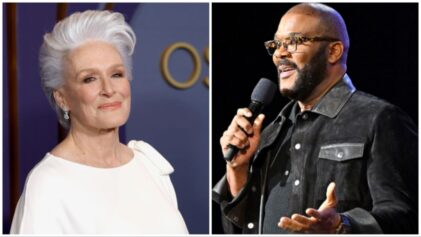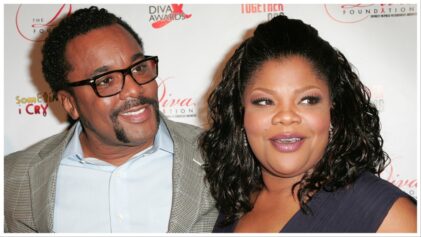Both Forest Whitaker and Lee Daniels have had very personal connections to Daniels’ new movie, “The Butler,” which may have created the difference between the film becoming “a movement” rather than just another movie.
Lee Daniels had no intentions of making a movie that was so emotionally and racially charged, but once he got started on the project he realized just how powerful a film he was creating.
Within the blink of an eye, a movie that was originally about the complicated relationship between a father and son, became the center of racial issues debates and a painful reminder of America’s past.
“This story is really a love affair for me,” Daniels told “Tell Me More” host Michael Martin. “A father-son love affair that transcended race. It wasn’t until we started shooting some of the atrocities that happened in the South that I realized that this was on another level.”
The movie is loosely based on the life of Eugene Allen, a White House butler who served for over 30 years.
Spending more than three decades in the White House means that Allen witnessed presidents’ attempts to navigate the country through some of the toughest times in American history – times that came to life once filming started.
Daniels remembered filming one scene about Freedom Riders on a bus that truly tugged at his heart strings.
“We were shooting the bus scene; there were freedom riders on the bus,” he said. “It was hot, it was a real bus, and I’m in the center of the bus with these kids on a bridge where black men were lynched.”
During the scene, the bus was to be stormed by actors portraying members of the Ku Klux Klan who would be burning crosses and hurling racially-charged insults at the people on the bus.
When the chaos of the scene prevented any of the actors from hearing him yell “cut” he realized just how scary these moments truly were in real life.
“I’m a little scared and I think so were the actors on the bus, and I yell to the window ‘cut’ but they can’t hear me,” Daniels explained. “And I realize – when it happened – there was no one to yell cut for these children, and that these kids were really fighting for the soul of our country, and that they were heroes in a way that I could never be.”
The scene also made him realize that “The Butler” was bound to be more than a movie.
“It’s not a movie – it’s a movement,” he said.
He also talked about how the story is still very relevant today, considering all the race issues that the country has been dealing with amid the murder of Trayvon Martin and the acquittal of George Zimmerman.
As for Forest Whitaker, taking on the role of Cecil Gaines meant a lot to him as an actor and as someone who was being trusted with the responsibility of bringing his ancestors’ struggles and hardships to life.
His remarkable performance didn’t come easy, however.
Whitaker revealed that he had to make flashcards to help him remember what experiences his character had already been through in certain scenes, depending on what year it was.
“It’s not easy to be 90 in the morning and 35 in the afternoon,” he said.
The key to the flashcards, according to Whitaker, was to help him accurately represent his parents and grandparents and other people who were alive during these hard times.
He also connected to Daniels’ first vision for the movie because his dreams were drastically different than his father’s.
“When I look at Cecil, I think of my father, who as a young man left Longview, Texas, and came to Los Angeles even though his father didn’t want him to go and never once visited him,” Whitaker said. “And then my father wanted me to go to West Point – that was a high calling to him – and couldn’t believe I wanted to study acting or music.”
He then commended the film for touching on such huge “generational divides,” especially in the black community.
The film hits theaters August 16th and is already being named a major contender for an Oscars nomination next year.

